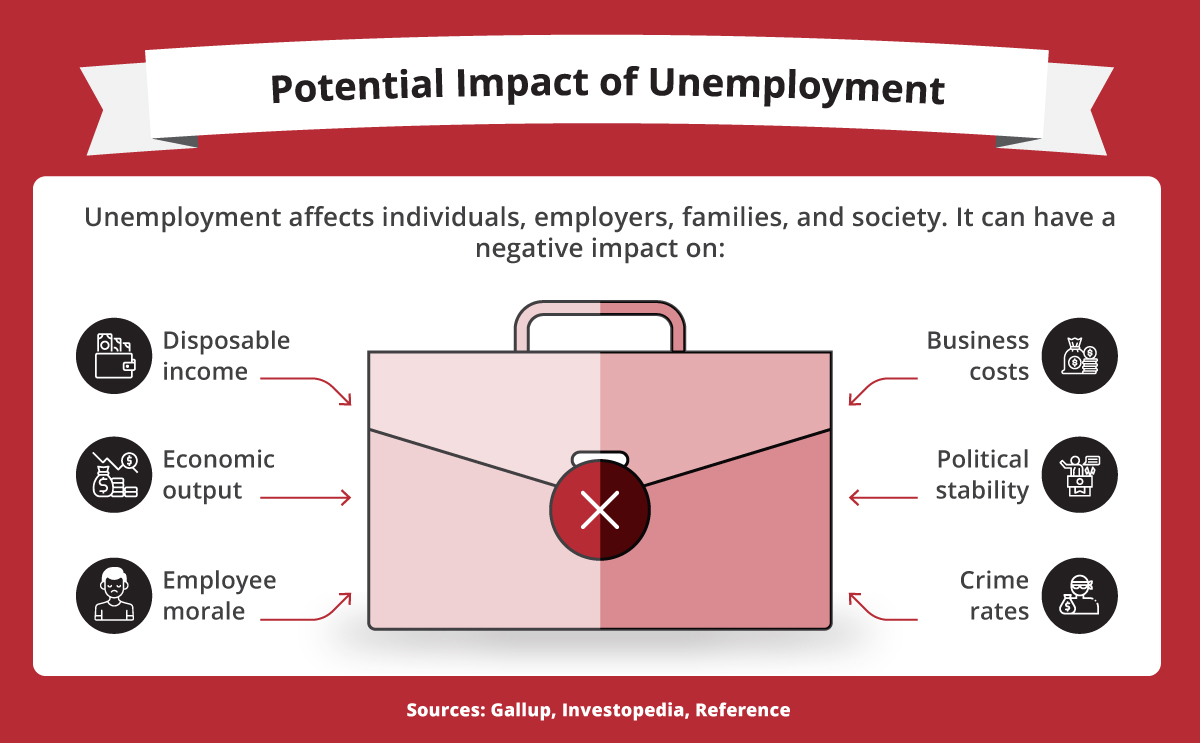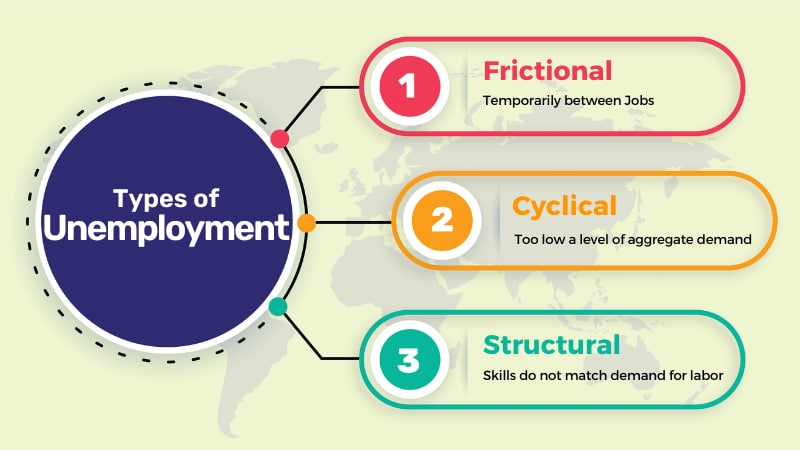Temporary employment has become increasingly common in today’s workforce, offering flexibility and diverse job opportunities. However, temporary workers may face unique challenges when it comes to job security and financial stability. Understanding your rights regarding unemployment benefits is essential in ensuring that you have a safety net during periods of job transition or unemployment. In this article, Newsmartz will explore the topic of unemployment benefits for temporary workers, shedding light on eligibility requirements, application processes, and the financial assistance available to support temporary employees during unemployment.
Unemployment Benefits for Temporary Workers: Understanding Your Rights
- Temporary Work and Unemployment Benefits:
a. Temporary Work Defined: Unemployment benefits for temporary workers work refers to employment that has a predetermined end date or is based on a specific project or assignment. It often involves working for staffing agencies, contract work, or seasonal employment.
b. Challenges Faced by Temporary Workers: Temporary workers may experience gaps in employment, periods of job instability, and uncertainty about future assignments. These factors can make financial planning and maintaining stability more challenging. - Eligibility for Unemployment Benefits as a Temporary Worker:
a. Employment History Requirements: Unemployment benefits for temporary workers for unemployment benefits typically requires a minimum period of work and earnings in a specified base period. Temporary workers must meet these requirements to qualify.
b. Termination or Layoff: Temporary workers who are terminated or experience a layoff due to reasons beyond their control, such as the end of an assignment or a company downsizing, may be Unemployment benefits for temporary workers eligible for unemployment benefits.
c. Active Job Search: Temporary workers must actively seek new employment opportunities while receiving unemployment benefits. This requirement demonstrates a genuine effort to return to work. - Application Process for Unemployment Benefits:
a. State-Specific Procedures: Unemployment benefits for temporary workers are administered at the state level, and application procedures may vary. Temporary workers should familiarize themselves with their state’s unemployment office and follow the prescribed application process.
b. Required Documentation: The application process Unemployment benefits for temporary workerstypically requires providing personal information, employment history, details of previous employers, and documentation supporting the reason for unemployment, such as termination letters or layoff notices.
c. Timely Filing: Temporary workers should file their unemployment benefits application promptly after becoming unemployed. Delaying the application may result in a loss of benefits or a reduction in the amount received. - Financial Assistance Available:
a. Weekly Benefit Amount: The amount of unemployment benefits received as a temporary worker is based on factors such as previous earnings and state regulations. Temporary workers are generally eligible for a percentage of their average weekly wage, up to a specified maximum.
b. Duration of Benefits: The duration of unemployment benefits for temporary workers varies by state. It is typically calculated based on the worker’s employment history and the average duration of unemployment in the region.
c. Additional Benefits and Programs: Some states offer additional programs or benefits to assist temporary workers during unemployment. These may include job training programs, career counseling, or support for transitioning into new employment. - Maintaining Eligibility and Reporting Requirements:
a. Ongoing Job Search: unemployment benefits for temporary workers workers must actively search for suitable employment opportunities while receiving unemployment benefits. This includes keeping records of job applications, interviews, and any job offers or rejections.
b. Reporting Earnings: unemployment benefits for temporary workers workers who engage in part-time or sporadic work while receiving unemployment benefits must report their earnings accurately. Failing to report earnings may result in penalties or a reduction in benefits.
c. Compliance with State Guidelines: It is crucial for temporary workers to understand and comply with the guidelines set by their state’s unemployment office. This includes attending required meetings, participating in job-search activities, and providing requested documentation.
- Appeals and Disputes:
a. Denial of Benefits: In some cases, unemployment benefits for temporary workers may have their unemployment benefits denied. Reasons for denial can include insufficient work history, failure to meet eligibility criteria, or issues related to the application process. Temporary workers have the right to appeal these decisions.
b. Appeals Process: The appeals process varies by state but generally involves submitting a written appeal or requesting a hearing to present evidence supporting eligibility for unemployment benefits. It is important to follow the specific procedures outlined by the state unemployment office. - Additional Resources and Support:
a. State Unemployment Websites: State unemployment offices provide detailed information on unemployment benefits, eligibility criteria, and application procedures. Temporary workers should visit their state’s official website or contact the unemployment office directly for accurate and up-to-date information.
b. Job Placement Services: unemployment benefits for temporary workers workers can seek assistance from job placement services or staffing agencies that specialize in temporary employment. These services may provide job leads, resume assistance, and career guidance.
c. Financial Counseling: Temporary unemployment benefits for temporary workers facing financial hardship can benefit from seeking advice from financial counselors who can help with budgeting, debt management, and planning for periods of unemployment.
- Conclusion:
Unemployment benefits for temporary workers deserve access to unemployment benefits and financial support during periods of job transition or unemployment. By understanding the eligibility requirements, application processes, and reporting obligations, temporary workers can navigate the complexities of the unemployment benefits system more effectively. It is essential to stay informed, follow state guidelines, and seek assistance when needed. Remember, unemployment benefits can serve as a vital safety net, providing temporary workers with financial assistance while they seek new employment opportunities and work towards regaining stability in their careers.



